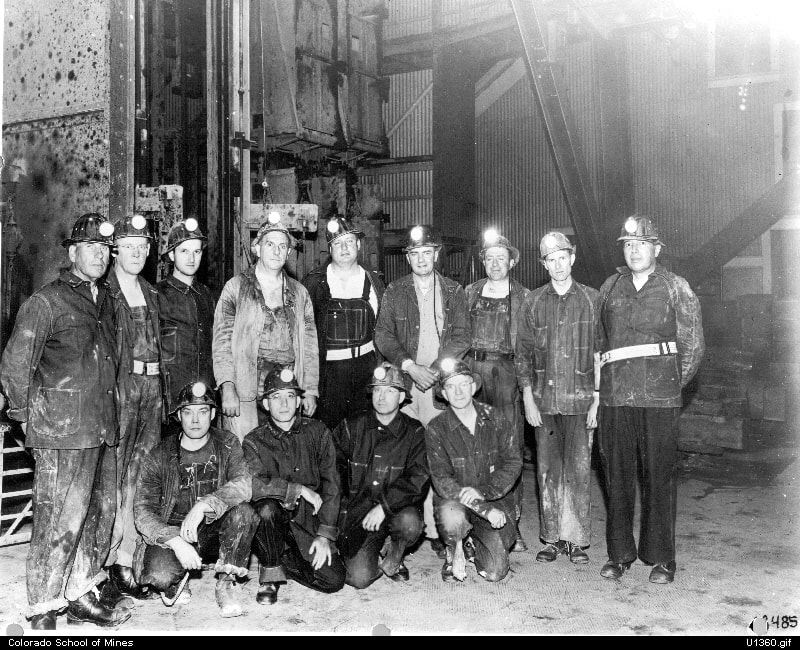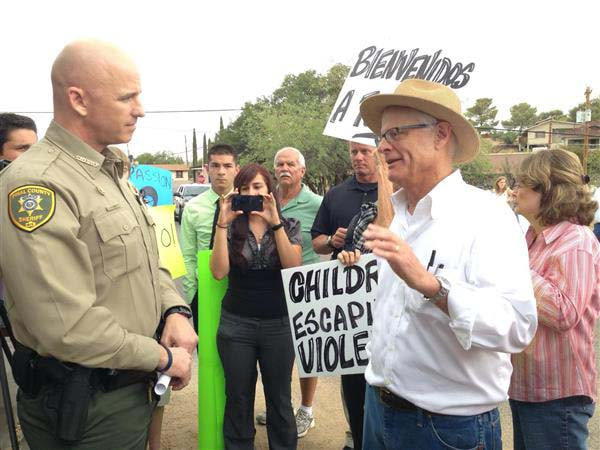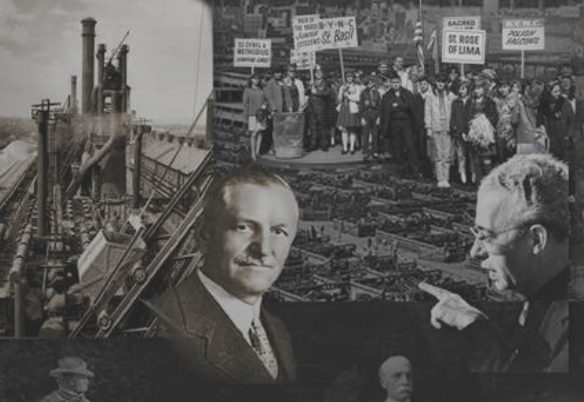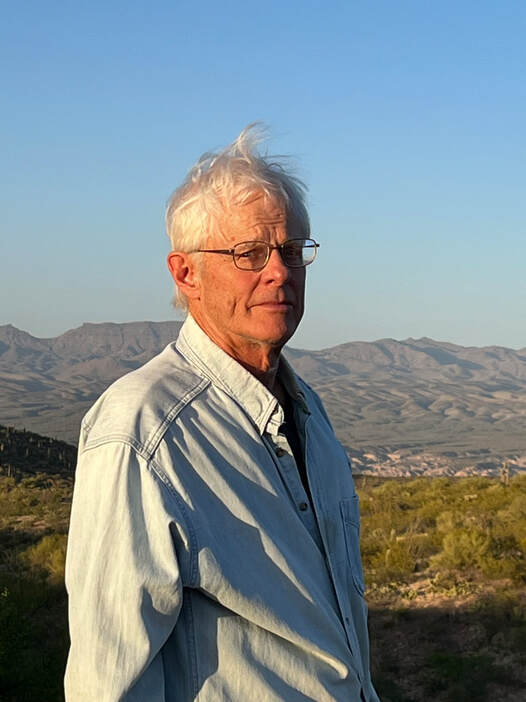|
Hands down the best thing about my book writing experience is reconnecting literally and spiritually with so many folks I met over my 76 years of life on earth. I had lost touch with two great friends from my college years - Eddy McCaul and Tim Stutzman. Chalk it up to the passage of time and inattention. Both were from Hyde Park, Chicago. Eddy was goalie on the Earlham soccer team varsity. A great one. Among other things we had basketball obsessions in common. And Tim introduced me to strategic borrowing of bicycles which enabled wild night time rides into downtown Richmond, Indiana where Earlham is located.
I just forwarded to both of them copies of Sometimes David Wins. I hope they read it (and review it on Amazon if so inclined). Yes, I'm very curious about their reactions.
0 Comments
I started writing with consistency when I began work in Las Vegas. My need was to make sense of a personally and politically chaotic situation. At first, living in Las Vegas was mind-blowing. How do people live like this? All the stereotypes ran circles in my brain. So writing - even in fits and starts - helped. Not only to shape an organizing narrative, but also to locate my place in it. I wasn't sure I could make a go of the project until after a year or so. That would be early 2011. I never did shrink from plunging in to settings with dramatic potential. Las Vegas was that in spades. Early on, I knew it wasn't a good place for "three yards and a cloud of dust" relational organizing - to which IAF organizing sometime seemed to boil down. Of course, I had to do the hundreds of individual meetings - that's a given - but at my age I figured I'd be long gone before anything of substance happened if I didn't try to break things open pretty fast. Plus, I was getting impatient with overly patient organizer colleagues. So it was a conscious gambit, a gamble - on an approach radically different from my other efforts and what IAF - at least the West/Southwest part - had adopted as standard issue. There's a sweet spot in the organizing business between patient, plodding work and trying to blow the cover off a place. IAF history suggests that either can fail. One, through a surfeit of actions that don't build much. The other levelling down into power/political invisibility and irrelevance. It's not an either/or, which is where instinct, judgment and risk tolerance come in.
Decades after he parted from Alinsky, Nick von Hoffman levelled a sharp critique of the modern IAF in Radical, A Portrait of Saul Alinsky. It was published in 2011 about the time I landed in Las Vegas. I'd put it high on the list of must-reads for organizers of all stripes, even though I was pretty defensive about some of what he had to say when it first came out. More on this to come. I was on the receiving end of some helpful and encouraging counsel from Mike Gecan as I launched into the writing of my first book. "Write what you know." "Tell a story." Above all, "Write!" Those wise words taken together became my north star.
This web/blog journal is something else again. The admonitions still apply, but because there's no permanency in this format I can be more experimental, try some shit out - a bit like community organizing in a new context. Sure, there are habits and practices associated with organizing work just like there are with literary endeavours, but common to both is the requirement of invention. The way to break out of an organizing rut is to move somewhere else and try to create something fresh. For me, when I retired from organizing, that breakout was a plunge into a book length project. It was a new and somewhat scary place because I had never done it before and wasn't sure I could pull if off. It was risky - like starting from scratch in Las Vegas - because my own sense of self was at risk, along with the success or failure of the venture itself. There were breakthroughs along the way. One was triggered during my struggle to figure out a frame for the book as a whole. Mike jumped in with the suggestion of a sharpened tension between my two grandfathers (one familial, the other political). Another was inclusion of IAF's statewide organizing in Arizona, which mysteriously I had overlooked (credit Linda Victoria with calling me to account on this). A third was going stream-of-action-as-it-happened in the two Las Vegas chapters. Greg highlighted the shift at first as a negative, then resolved it with a tight reframe before moving the reader to the LV chapters themselves. Then there was the problem of how to end it. My first idea was to attempt a fairly abstract grand summation. You know, the kind that tops off a lot of academic texts and explains and integrates everything. I wasn't happy with that because I figured the reader would find it tedious (as I did just thinking about it). Academic books on organizing drive me crazy with all the blah, blah, blah boiled down into grand summations of importance as if the reader didn't get it the first couple of times around. So fuck that. Greg must have read my mind. Out of the blue he says, "How about moving the bus blockade chapter to the end?" When I agreed he opined, "That's why I get the big bucks." (Yes, he deserves them, skimming from the huge sales haul from books like mine.) My original plan for Sometimes David Wins was to end with a summary chapter hearkening back to Grandfather Silas and the events involving his company (Colorado Fuel and Iron) connected to the Ludlow Massacre. My editor/publisher Greg Pierce suggested pulling the Bus Blockade story from the middle of the book and placing it at the end. Not only because it was chronologically correct, but more importantly because it was a fitting conclusion to a story that's still unfolding. I took his proposed move as an inspired editorial intervention and embraced it.
Now, almost a decade later, the events of that day seem an eerie foretelling of the riot/insurrection of Jan 6, 2021 in the Capitol. The Pinal County Sheriff of the time - Paul Babeu - played the instigator (Trumpian) role. Arizona Militia members played the armed/threat (Proud Boys/Oath Keepers) role. Social media posts stirred up turnout - both planned and opportunistic. At least two of the blockaders, both Oracle residents, later self-identified as Oath Keepers (although I doubt they traveled to DC for J6). One of them in 2013-2014 endorsed the lynching and re-lynching of then President Obama in the presence of Attorney General Eric Holder. His on-line posts joined a hemorrhage of profanities and insults directed at "libtards", "fudge-packers" and, of course, numerous "pieces of shit" (POS), presumably like Kaz and me.  It's a natural question. Three hundred pages is substantial. I worked on Chapter 7 by far the longest. My curiosity about labor/management struggles at Magma Copper Company got the best of me. And well it should because I've known so many individuals - some are close friends - who lived the experience themselves. That chapter took several months to write from start to finish. I had to research it, including with three of the principals, because I had only bits and pieces of memory to fall back on. One that I thought was indelible - a labor rally half a block from our Oracle home - turned out by a couple of years to have happened later than I first thought. Much of the story might qualify as "original research", based as it was on recollections of participants in key events, including several not reported in the media. If you read Sometimes David Wins, you'll see how my family history connects directly with Chapter 7's storyline. And there's a lot more to it for me - living next door to the largest underground copper mine in the country, experiencing the pluses and minuses of that proximity, identifying with both labor and management at different points and spending much time in nearby San Manuel during its heyday. San Manuel, built from the ground up by Del Webb at the behest of Magma Copper Company, lays claim to being the last true company town constructed in the USA.
|





 RSS Feed
RSS Feed